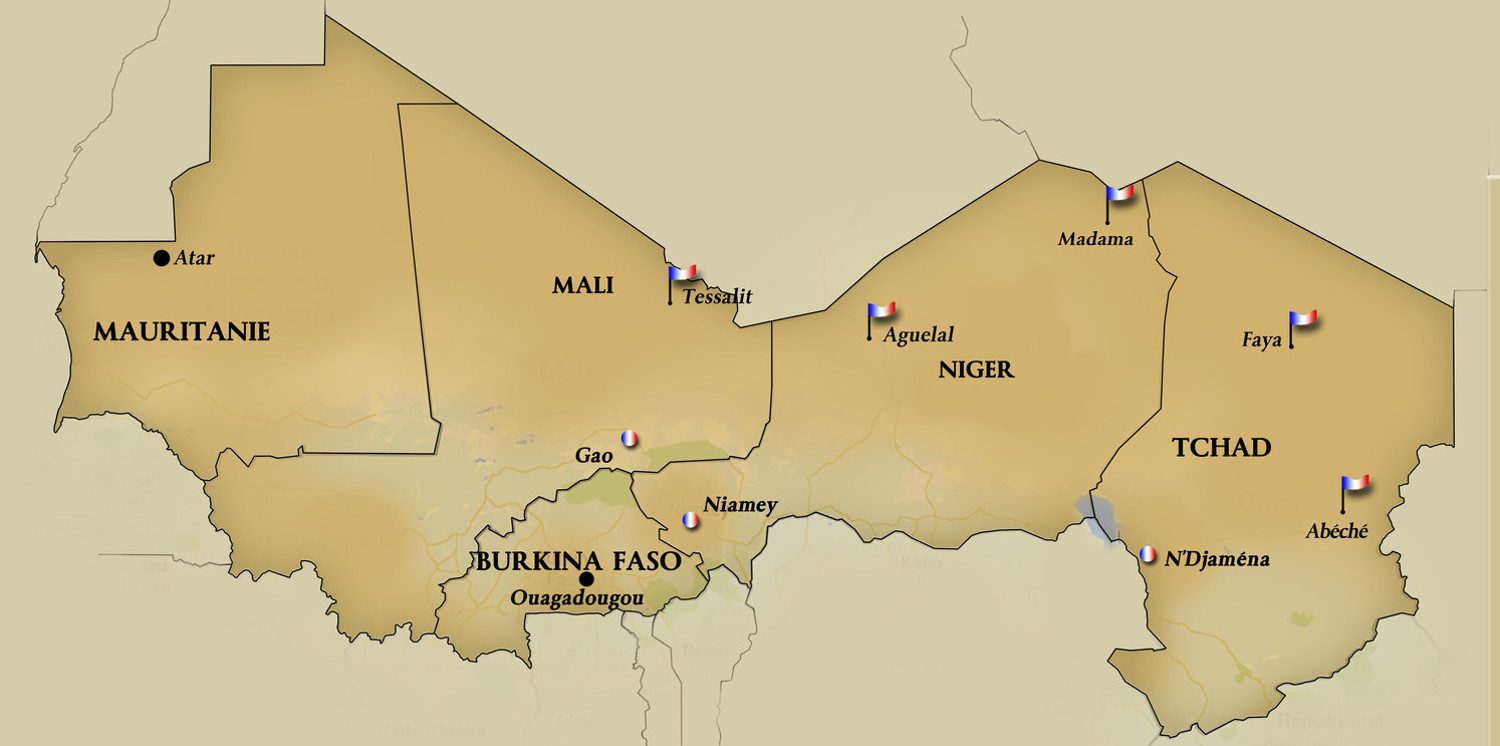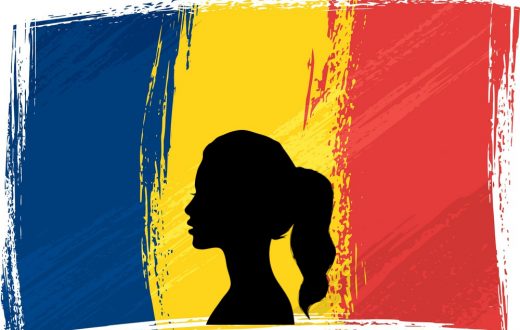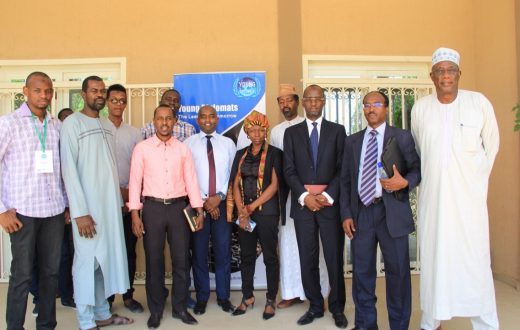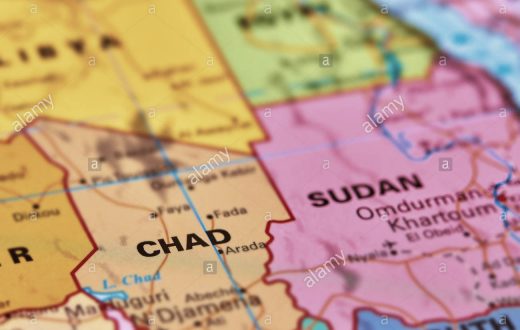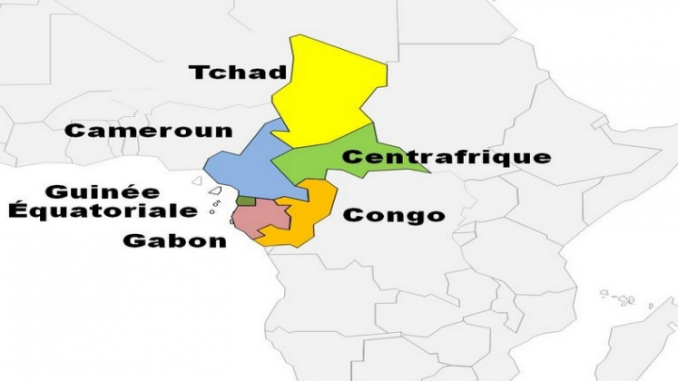WRITTEN BY IDRISS ZACKARIA, WEST AFRICA CORRESPONDENT, VIGILANCE-THE SECURITY MAGAZINE
Leaders of the G5 Sahel Member States met on 6 February 2017 in Bamako, Mali, to push their co-operation in the war against terror and organized crime in the Sahel region. The Sahel is located south of the Sahara Desert. It stretches across the entire continent of Africa which runs from Sudan in the east to Mauritania in the west. The G5 Sahel, comprising Mali, Burkina Faso, Niger, Mauritania and Chad, is an institutional framework created in December 2014 to co-ordinate development and security policies of the region.
The leaders who described themselves as the ones “in the frontline against terrorism” have committed to acting in a pre-emptive manner to fight the smuggling of gangs and jihadists across the Sahel. By creating a new joint anti-terrorism force to deal with the desert zone’s risky security situation, it still remains unclear where the force would be stationed, including the number of troops. However, Niger’s President Mahamadou Issoufou confirmed at a press conference that United Nations decision and Security Council approval would be requested before the troops could be created.
The importance of the summit held at a defining moment of the G5 Sahel States’ history, came to reformulate and implement mechanisms and structures to promote military, economic and security capacity of the member states, and co-operation among themselves to face the challenges and risks posed by changes in the region, especially with the thorny issue of instability in Libya, particularly the risk of ISIS cross-border terrorist activities and its repercussions on security, instability and development in these countries.
Experts say that extremists pose a large and existential threat in the Sahel region, which are already increasingly targeting civilians in the largely desert zone.
Chad closed borders with Libya and would “save the lives of European soldiers” in Africa!
Chad felt threatened earlier this year and had already closed its lengthy 2000-km border with Libya on the 5th of January 2017, and pledged to deploy troops to the area. The move is designed to prevent militant fighters according to the Chadian government.
During this extraordinary summit in Bamako, Chad’s President Idriss Deby spoke frankly as current G5 chief about his expectations, saying that the Sahel G5 wants support of European countries. The region becoming “a space for terrorists” thus, immediate co-ordinated actions need to be taken. “We are going to be on the front line ourselves in the fight against terrorism, the new G5 deployment would save the lives of European soldiers”, said Idriss.”
It has been appallingly obvious that western countries are moving with rapid steps in the Sahel and Sahara, hoping that their African ‘stewards’ will do the heavy lifting.
Reports say that hundreds of European troops are already serving with the 12,000 UN Peacekeeping Force stationed in Mali. In addition to that, Chad and Niger which are part of the Multinational Joint Task Force (MNJTF) are actually fighting Nigerian terror group Boko Haram in the region which has become the most dangerous operation in the region with hundreds of lives lost.
Chad has a reputation as one of the region’s strongest militaries, played a key role in efforts to combat Boko Haram and helped French forces drive al-Qaeda-linked fighters from Northern Mali in 2013. However, experts say that the army still needs support in terms of intelligence and logistics.
Numerous regional security and co-operation initiatives
I just don’t get it and I wonder why there are numerous regional security and cooperation initiatives in every single African region. What screws us up most in Africa is the picture in our heads that competition is valuable, whereas it is supposed to be understood as an initiative of regional awareness due to the need for regional cooperation. I simply think that African leaders should avoid multiplicity in regional initiatives that often drive donors or European nations to abandon or evade their previous initiatives as soon as new regional initiative appears; they leapfrog with the new one or at least get confused over which one they should stand by. Hence, the result as far as I’m concerned is that regional strategic initiatives do not succeed. Therefore, it’s just a waste of time and regional efforts lead to the fail of African security projects.
The Sahel G5 region is not an exception from such multiplicity. Tthe first initiative in this region was the initiative of the Community of Sahel-Saharan States that consists of 28 African countries. Even thought CEN-SAD’s main objectives are to achieve economic integration through the implementation of the free movement of goods and people, however, these objectives were given a new focus by the revised treaty that emphasized two more areas of deepened cooperation, namely: regional security and sustainable development. And in the end, they reached to a point that every country wants to lead its own regional initiative by creating the Sahel G5.
In conjunction with this, and aftermath of the September 11 attacks, the United States launched a counter-terrorism project in Africa, known as the Pan-Sahel Initiative to support the armies of Chad, Niger, Mali and Mauritania. Three years later, the programme expanded to include Nigeria, Senegal and Morocco. Algeria and Tunisia was renamed the Trans-Sahara Counterterrorism Partnership (TSCTP). The idea was to turn a huge African region into a terror-resistant stronghold of stability. More than fourteen years now and hundreds of millions of USD dollars spent on the project, the region is anything, but unstable, which means something didn’t fit perfectly – something is missing, just like a missing puzzle piece. This means that African security initiatives and international strategies for combating terrorism require deeper analysis and greater consideration rather than playing Sudoku without pen and paper!
During this high-level meeting in Bamako, the Chadian President might be right that the new Sahel G5 deployment would “save the lives of European soldiers.” If really international actors are serious about providing stability and preventing terror and conflicts in the Sahel region and save the lives of their civilians and soldiers; they should refocus their efforts on working together towards a better future for young people in the Sahel region; through the implementation of integrated cultural and economic projects that take into account the issues of youth, in parallel to massive conjugate framework, relying on a political solution in Libya and the Western Sahara to restore peace and stability by supporting local and regional efforts to implement peace agreement and reconciliation. I think this is the only viable long term strategy for the Sahel region.

